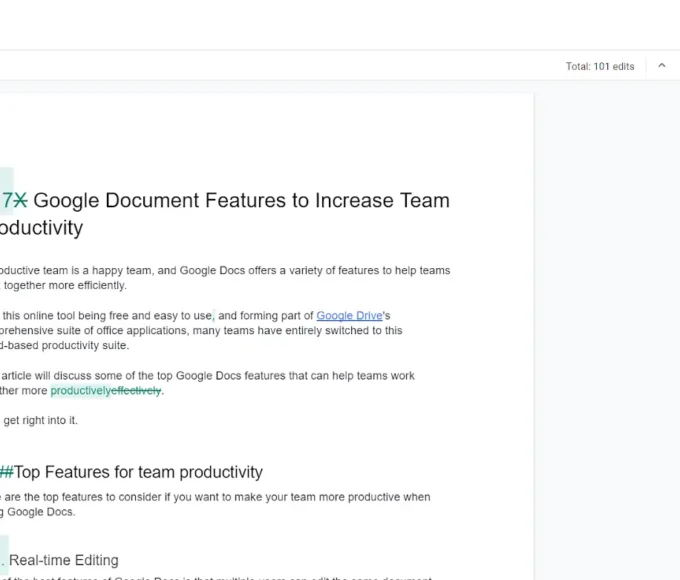A student bank account is an important way to learn how to manage money, especially in college. These accounts typically have fewer fees and restrictions than regular checking accounts.
Many also offer free ATM withdrawals at their own network and reimburse out-of-network ATM fees. Some even earn interest. A few have special perks like discounts, free ID theft monitoring and telehealth coverage.
Checking Account
If you’re a student, a checking account is an essential part of your financial life. These accounts are designed to give students the freedom and convenience they need to manage their finances while still being safe. They also offer a variety of features, including low fees and online access.
Many of these accounts also offer rewards for using the account, such as cash back on purchases or interest on savings. You can find the best student bank account for you by comparing the fees and minimum deposit requirements. It’s important to consider how much you want to deposit and how often you will use the account when choosing the best one for you.
The best student checking accounts are those that offer low fees and no minimum balance requirement. These accounts will also be insured by the Federal Deposit Insurance Corporation, so you can be sure that your money is secure. It’s also a good idea to choose an account from a national bank rather than a local one, so that you can use ATMs across the country.
Most of the best student checking accounts waive monthly maintenance fees and overdraft charges, and they have no minimum balance requirements. Some of them even allow you to withdraw funds from out-of-network ATMs for free. However, there are some accounts that require a high opening deposit. These accounts may not be the best choice for students with little to no income.
Typically, student checking accounts are only available to people who are enrolled in school or who are under the age of 18. In some cases, a parent or guardian must co-apply for the account. Once you graduate or reach the age limit, your student account will convert to a standard account with higher fees and restrictions.
Despite these limitations, student accounts have many benefits that make them worth considering. They can help you learn how to budget and save, and they can provide a safe place for your money while you’re away from home. Some of them even come with a debit card that can be used at most businesses, making it easier to track your spending.
Savings Account
A good student bank account can help students manage their money and build up savings for the future. These accounts often have fewer fees than regular bank accounts and may even come with special discounts for local businesses. In addition, they usually have a low minimum balance requirement. Some student bank accounts also offer the option to link to one of the best savings accounts for students to grow their long-term savings.
Students typically have different financial needs than those of adults, as they often rely on little to no income and spend heavily on college costs. In order to address these unique needs, student banking accounts are available at traditional banks, credit unions, and online banks. Most offer fee-free checking, savings, and debit card services to college students. In addition, many of these accounts convert to basic bank accounts after graduation.
Most student bank accounts require verification of a student’s enrollment or age, as well as a source of income. Additionally, some of these accounts have restrictions on the types of transactions that can be made. These restrictions are often in place to prevent unauthorized purchases, as they can be extremely costly for a college student.
Some of the best student bank accounts have a variety of perks and benefits that make them stand out from their competitors. For example, they often waive monthly maintenance fees, allow low or no zero-balance penalties, and feature a mobile app that is easy to use. In addition, they often have a network of fee-free ATMs for added convenience.
A good student banking account can teach students how to balance a checkbook, manage an electronic spending account, and save money for the future. This is an excellent way for students to learn how to handle their money, and it can prepare them for when they start using credit cards in the real world.
Some of the best student bank accounts are designed with younger teens in mind, while others are ideal for older students. Chase has a popular student checking account that offers an excellent sign-up bonus of $100 after making 10 qualifying transactions within the first two months of opening the account. The bank also has an excellent mobile app that allows students to deposit checks remotely and use Zelle for sending and receiving funds. It also offers a wide network of free ATMs and allows students to connect their debit card to a digital wallet.
Debit Card
A debit card allows you to access the money in your bank account. Most student checking accounts come with a debit card that can be used to make purchases at participating retailers and at ATMs. Some student accounts also offer special perks like cashback and rewards for using the card.
Some banks have accounts specifically designed for students, while others offer a standard account with student-friendly features. These accounts usually have low or no fees and are easy to manage. Some even have a savings option that can help you build your long-term financial goals. To find the best student bank account for you, look for a company with a mobile app, multiple ATM options, and an online payment system. You should also consider how much you want to deposit and withdraw, as some accounts require a certain minimum balance or daily transaction amounts.
Choosing the right college bank account is important because it can help you develop good financial habits. Many of the best student accounts offer no or low monthly maintenance fees, and some waive overdraft fees. Other perks can include sign-on bonuses, interest on the account balance, and a free debit card.
You should also choose a bank that offers the most convenient location for you. If you plan on going to school in a different city, you may want to select a bank that has an ATM or branch near your campus. You can also find an account that offers a fee-free network of ATMs to help you avoid paying ATM fees while traveling.
If you are a student, you should also consider opening a joint account with a parent or legal guardian. Many student accounts have age restrictions, and you might need a parent to co-apply for the account with you.
If you’re looking for a bank that is completely digital, look no further than Ally. This no-fee student account has an excellent mobile app that lets you deposit checks, transfer money with Zelle, and set up separate “savings buckets” for different goals. Other great options for students include Chase’s SafeBalance account, which has no fees for students under 25 and overdraft protection. Plus, it has a network of more than 16,000 ATMs, making it easy to get your money when you need it.
Credit Card
Depending on your situation, you may need to open a credit card to help pay for large expenses. A student-friendly credit card offers low interest rates and a variety of benefits that will make managing money a lot easier. Many of these cards also allow you to earn rewards on your purchases.
There are also a number of checking accounts that offer benefits to students, including no monthly fees, a free debit card, and even cash back on certain purchases. Some of these student accounts are offered by traditional banks, while others are available from online-only banks. Many of these accounts convert to basic bank accounts after graduation.
One of the best student banking options is Chase’s College Checking account, which is available to anyone between the ages of 17 and 24. This account comes with a $100 signup bonus, fee waivers, and an extensive lineup of banking features. Other great options include TD Bank’s Convenience Checking, which offers fee-free ATM withdrawals and no minimum balance requirements.
Many students don’t have a steady income and must budget for a variety of expenses, from tuition to food. That’s why it’s important to choose a bank that offers an affordable checking account with no monthly service charges or overdraft fees. You should also look for an ATM that offers free withdrawals, and an app that lets you transfer funds between accounts or pay bills.
In addition to offering a low-cost checking account, Ally Bank also has an excellent savings option with high interest rates. This account doesn’t charge any monthly maintenance fees or have a minimum balance requirement, and you can manage your account through the Ally Bank app. Ally also has a wide network of ATMs, so you can easily access your funds.
Another good choice for students is Chime’s online checking account, which has no monthly maintenance fees or overdraft fees. It also offers a high-yield savings account, which can earn you up to 2% APY. Chime doesn’t have any physical branches, but it does provide 24/7 live support to answer any questions you might have.

















Leave a comment